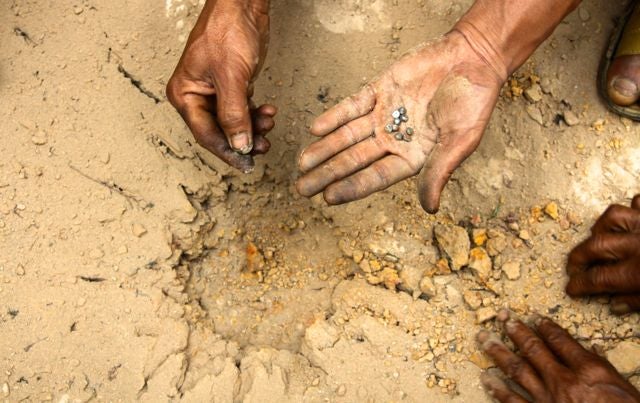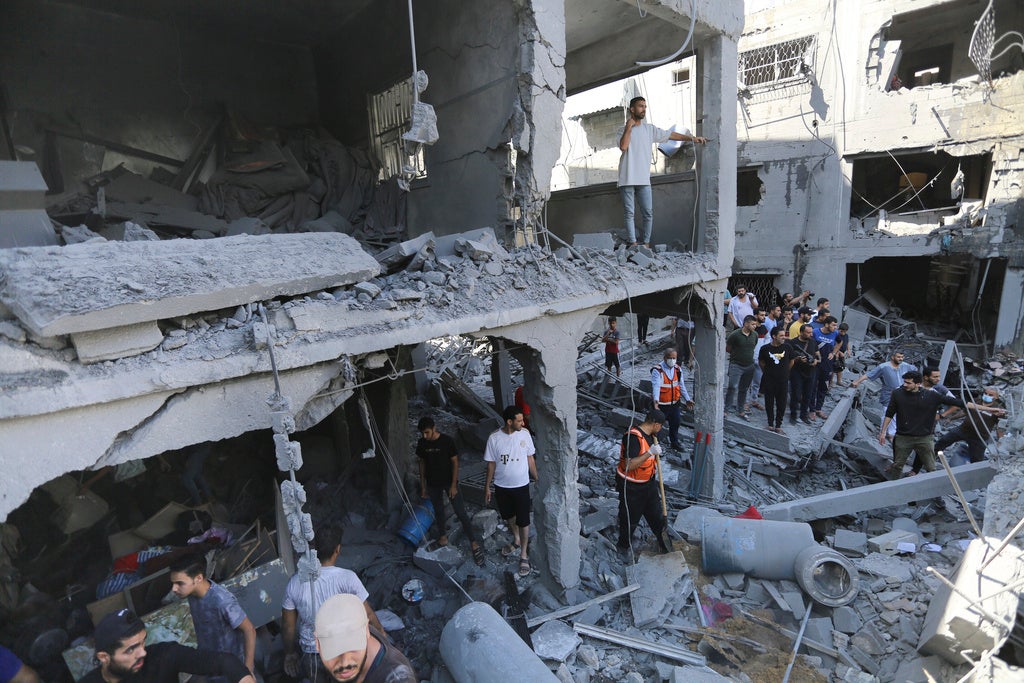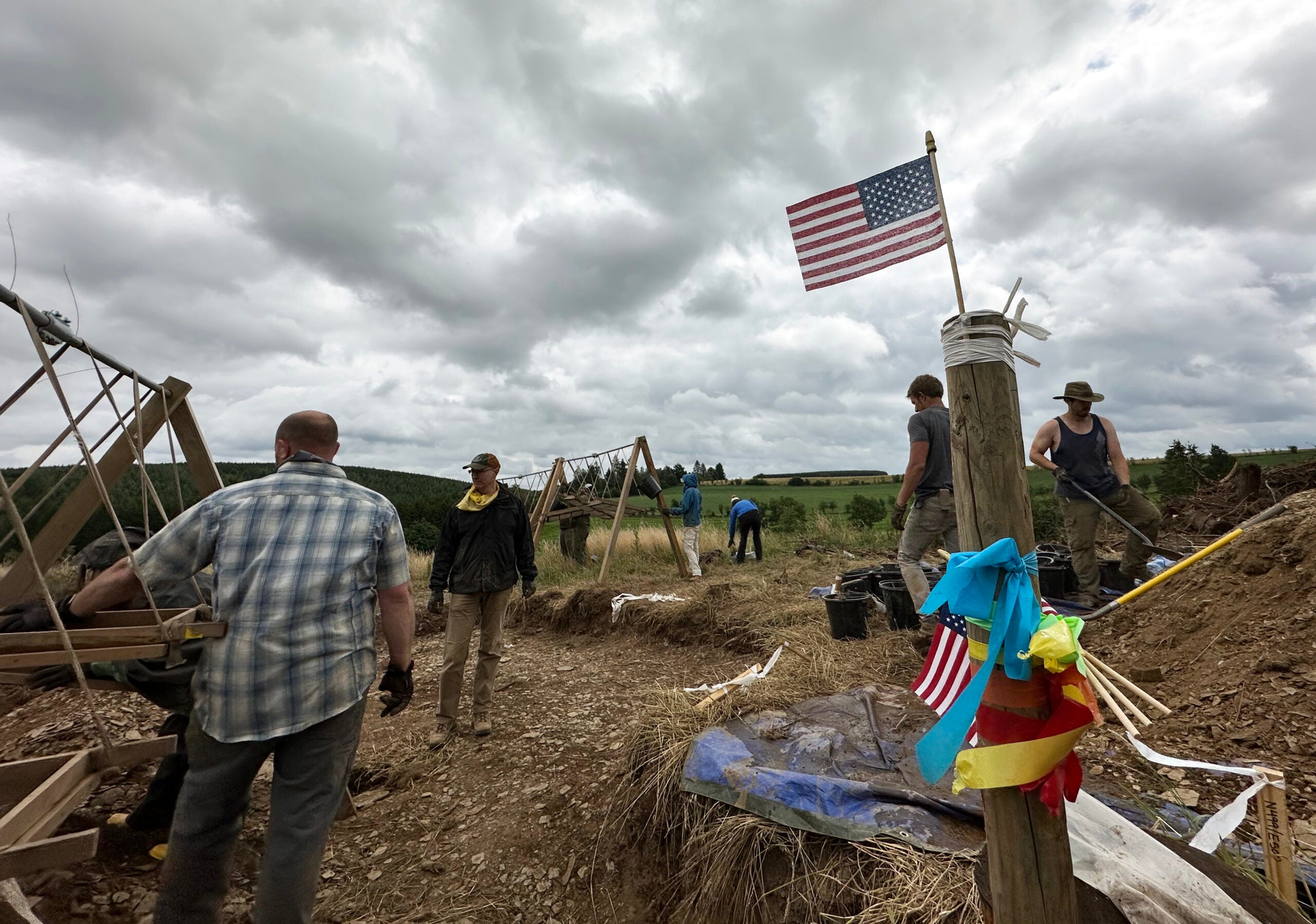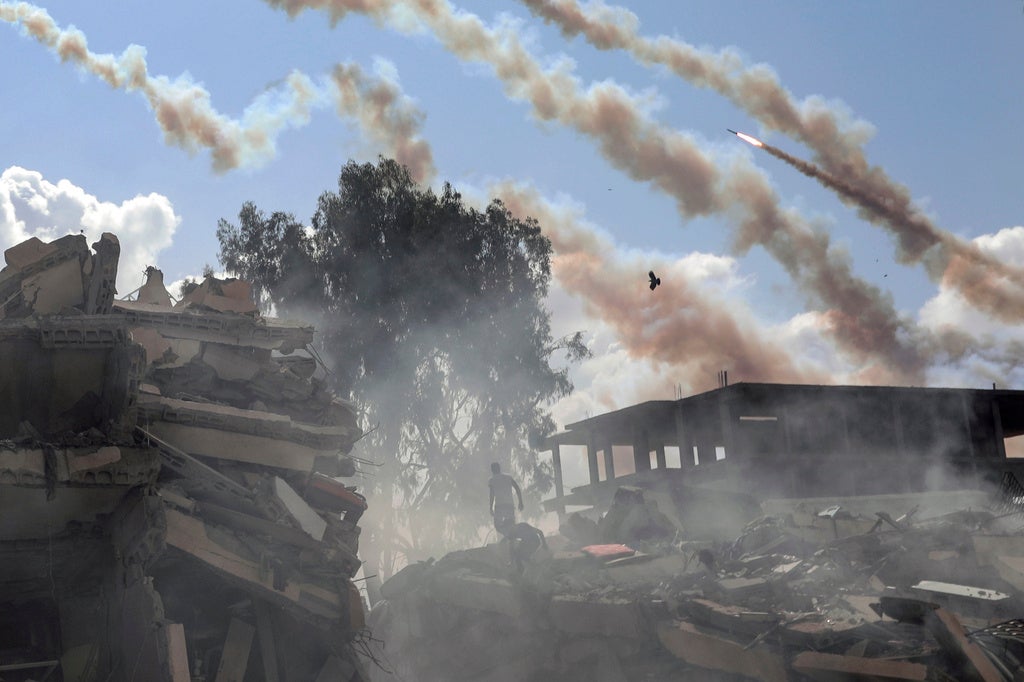A retired, central Wisconsin elementary school principal has found a new calling late in life and travels half way around the world to realize it. Jim Harris is now a bomb removal expert.
Harris said his mission was borne out of concern for the families of his Hmong students. When Harris became principal of Weston Elementary School, there were fewer than a dozen Hmong students there. When he retired in 2003, there were 147.
“People thought, it must be a real challenge to have a building with that many low-income families, that many ethnic minorities,” he said. “The truth was they were wonderful families.”
Stay informed on the latest news
Sign up for WPR’s email newsletter.
Harris began taking trips to the Southeast Asian country of Laos, first to experience the homeland of his students and then to help them.
“So, I could come back from the end of a summer vacation and find students in the hallway, and say ‘I found your grandfather and he’s still alive,’ or ‘I found your uncle and aunt and you’ve got new cousins,” said Harris.
It was during one of those trips that Harris found unexploded bombs left over from the Vietnam War.
“Cluster munitions, little tennis ball sized bomblets that were dropped on Laos,” he said. “We know we dropped about 280 million individual units. We think there’s 70 million left.”
For perspective, that’s 280 million cluster bombs dropped on a country of 3 million people.
“Every one of the little cluster bomblets has 300 steel ball bearings,” Harris said. “And when a load of 670 go off, they cut everything over three football fields to ribbons.”
Since the war ended, the bombs have caused at least 20,000 casualties, many of them to impoverished villagers salvaging them for scrap metal.
“You know, when you talk to a mother who’s just lost a child to an accident, you really struggle to have anything meaningful to say,” he said. “When that experience has happened, I’ve pledged to the mother that I would do what I could to make sure that another child wouldn’t die.”
So, Harris retired as principal and began a new mission. He trained for a year, learning how to dig up unexploded bombs without killing himself. He formed a nonprofit organization called We Help War Victims.
Now, he spends three to six months in Laos every year.
“I hire 12 Lao people. I need a driver. I need a medic. I need a cook,” Harris said. “Then, I lease our equipment, so I get a couple of trucks, a half-dozen metal detectors, (and) tents.”
And at the age of 66, he said he hikes grueling jungle trails with his team. He isn’t only saving lives, but helping to alleviate poverty. In the fields that he clears, villagers are once again growing coffee.
“The right volcanic soil, the temperature, the humidity,” he said. “The problem is, during the war, that area was heavily bombed. And so for 40 years, people have aspired to put a shovel in the ground and plant coffee trees, but they don’t dare dig.”
Harris raises about half of the money for his missions by selling Laotian coffee. The other half he raises through donations. The money not only removes bombs, but provides surgical care for the stil-suffering victims of the Vietnam War.
“The children who show evidence of birth defects from Agent Orange exposure,” he said. “We see children with cleft lip, cleft palate, facial tumors, short arms, clubbed foot. We take them to various centers where they can get proper treatment.”
Through it all, Harris retains his humility.
“If you face a problem that seems too big to change, we can’t change the world, but we can change one person’s world,” he said.
An exhibit showcasing Harris’s work is on display through the end of the month at the Highground Veterans Memorial Park in Neillsville. For more information, visit www.wehelpwarvictims.org
Wisconsin Public Radio, © Copyright 2024, Board of Regents of the University of Wisconsin System and Wisconsin Educational Communications Board.






